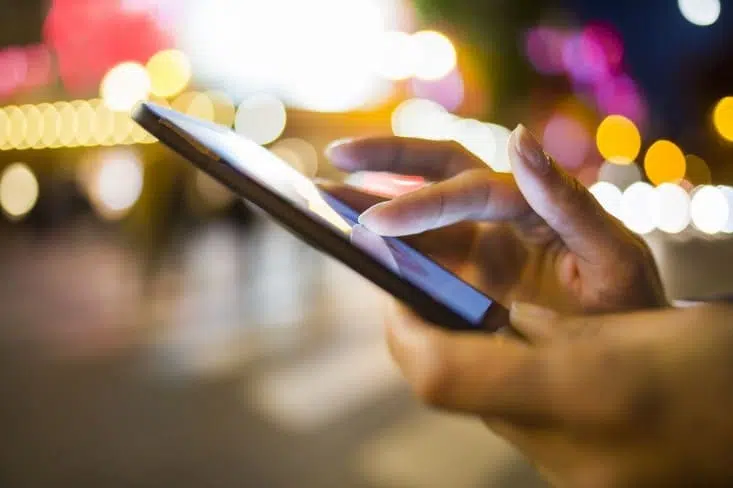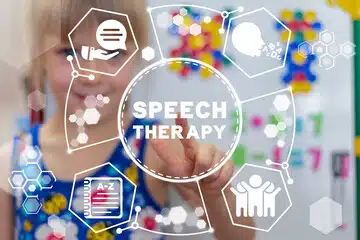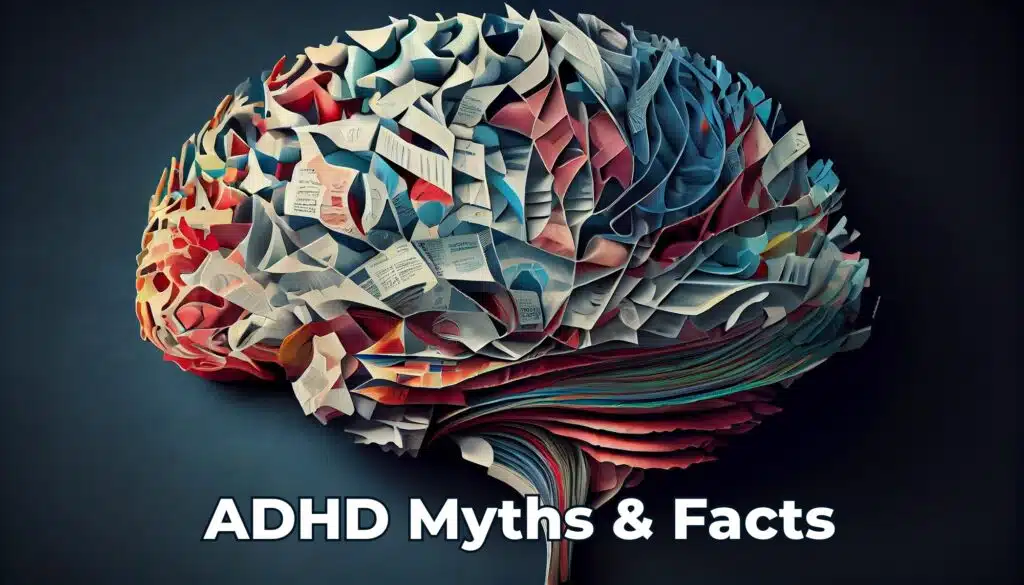Technology addiction is an umbrella term that can include a range of addictive behaviours from using social media too often and excessive texting to porn or video game addiction. It’s often difficult to recognise technology addiction as so many of us rely on technology for work, school and communicating with friends and family. In addition to being hard to spot, it’s also difficult to admit. That’s why it’s important to understand some of the basics about the disorder including some of the telltale signs.
1. Excessive or Inappropriate Use
Examples of excessive or inappropriate use include scrolling through social media or playing video games as soon as you wake up in the morning or engaging with technology as a way of procrastinating or avoiding conflict or other things in life. People around you might nag you about your technology habits such as reprimanding you for using it at meal times or in the workplace.
2. Cravings
When someone is addicted to technology, they can often feel anxious, fidgety or isolated when they can’t use it. For example, they might have withdrawals if they can’t use social media due to a lack of phone reception. Bright screens, mental stimulation and instant gratification is synonymous with technology use, particularly gaming and social media. Cravings and feelings of distress when deprived of technology is a definite sign of technology addiction.
3. Multiscreening
Multitasking with different technology devices can be a sign of addiction. Some examples include browsing the internet while watching TV or compulsively checking your phone or scrolling through social media feeds while watching a movie. There’s a difficulty in focusing on one thing, which can be an issue in workplaces, learning environments and generally socialising with friends and family.
4. Experiencing a High
Like other forms of additions, someone addicted to technology can feel a high whilst using their devices. Video games, internet use and social media all naturally tend to involve a high level of gratification, such as when completing a hard level on a game or getting a lot of likes on a photo. It’s easy to get addicted to this gratification because it’s so easily accessible. The problem is that as you continue to seek this gratification, your tolerance levels build and you can wind up trapped in a cycle of seeking at this high with increasingly higher levels of usage.
5. Losing Track of Time Spent Using Technology
Losing track of time is a key indication of technology addiction. Someone might be engrossed in their smartphone or tablet and suddenly realise that hours have passed. They might look at the clock and notice in shock that it’s 3am. An addict can even fail to notice they’re hungry or thirsty!
6. Feelings of Guilt and Defensiveness
Feeling guilty or defensive about the way you use technology can also be a sign of addiction. This might be tied to family members or friends telling you to stop using your technology so much. Other times it might be because of ways technology addiction may have impacted your ability to study or work effectively (i.e. procrastination). In some cases, this can lead to behaviour like concealing, hiding or lying about how much you use technology.
What You Can Do
If you or a loved one might have an addiction to technology, there can be a variety of ways to help. The first step is trying to admit to the issue and then taking steps to remedy it. For example, trying to set aside time for alternative activities. Technology addiction might be tied to other issues such as anxiety or depression and it may be helpful to discuss the issue with a psychologist.
At EDUCARE we can help children, teens and adults in addressing this issue related to technology addiction. Contact us for more information about our adult and child psychologist services.



